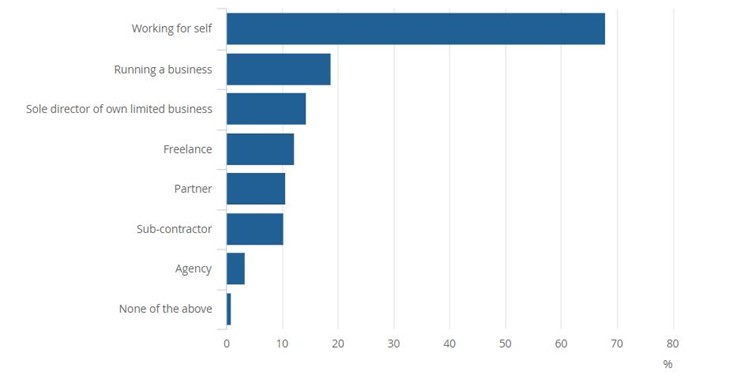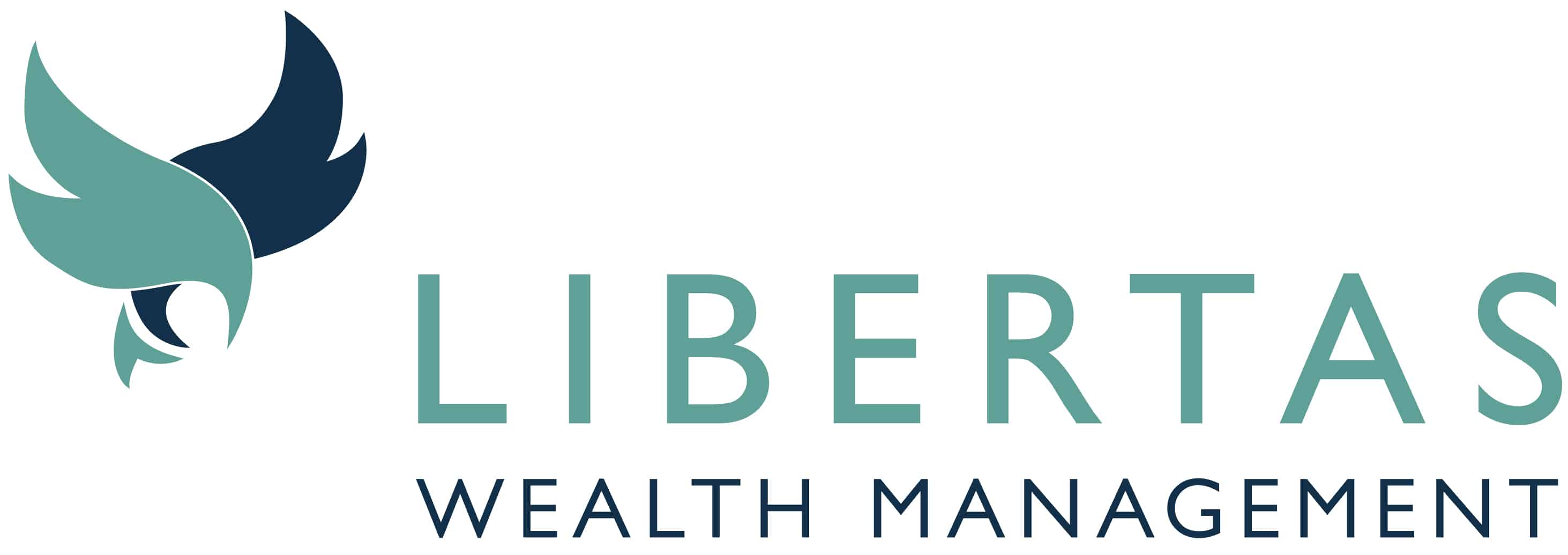2 valuable types of financial protection to consider if you have a family
by Phil Clerkin on October 2, 2024Want to support your children through university? Here’s what you may want to consider
by Phil Clerkin on August 30, 2024Amid rising inflation, is your financial protection still providing appropriate security?
by helen hall on July 5, 2022Misconceptions mean that 40% of homeowners don’t have life insurance
by helen hall on May 4, 2022Do you have life insurance in place? A survey suggests that some homeowners are choosing not to take it out because of common misconceptions about how life insurance works.
Life insurance would pay out a lump sum to beneficiaries if the policyholder passed away during the term. As a result, it can provide financial support to your loved ones when they need it most and ensure they don’t need to make large financial decisions when they’re grieving.
You can choose how much cover life insurance provides. Often, this is linked to how much your mortgage is. You can also consider other things, such as school fees or day-to-day living costs, to ensure your family would be financially secure if the worst happened.
You can also select how long cover will last. This is often tied to how long remains on your mortgage or when children will reach adulthood.
Despite the safety net it could provide, a survey reported in YourMoney suggests that 2 in 5 homeowners don’t have life insurance. It’s a decision that could affect their family’s financial wellbeing.
Life insurance is something people often think about when making large financial commitments, such as taking out a mortgage. However, it’s not just homeowners that could benefit from appropriate life insurance. If your loved ones could struggle financially if you pass away, it could make sense.
The survey found five key reasons why people don’t take out life insurance, and misconceptions play a role in many of these decisions.
1. “I don’t need life insurance”
A common reason for not taking out life insurance is that some people don’t think they need it.
It can be difficult to think about the circumstances that would mean life insurance is necessary. However, if your partner or children could find themselves financially vulnerable if you passed away, life insurance is something that may provide you with peace of mind.
2. “Life insurance is expensive”
The cost of life insurance varies depending on a range of factors, from the level of cover you want to your age. However, it can often be more affordable than you think. For a young, healthy person, life insurance can be as little as £10 a month.
The cost of life insurance needs to be considered against the value it adds. If your loved ones would struggle without your income, then life insurance would be valuable in providing you with confidence about their future.
3. “Life insurance is difficult to set up”
There are some things you will need to spend some time considering when taking out life insurance. For instance, how much cover you need. You will also need to answer some questions and you may need to provide additional information, such as paperwork from your GP.
However, it’s often straightforward to set up and we can help you compare different insurers to find the one that’s right for you. We’ll make the process as smooth as possible and offer support throughout.
4. “An underlying medical condition means I can’t take out life insurance”
If you have an underlying medical condition, it can be more difficult to find life insurance that suits you, but that doesn’t mean it’s not an option.
Some specialist insurers may provide you with the cover you need. Others may provide life insurance that excludes pre-existing medical conditions.
While an underlying condition can mean the cost of life insurance is higher, it may not be as high as you expect and it can still be valuable.
We can offer you support in finding life insurance that meets your needs and answer any questions you may have about what it would cover.
5. “Insurers don’t pay out”
Some mortgage holders wrongly believe that insurers simply won’t pay out if a claim was made. However, data from the Association of British Insurers (ABI) shows this isn’t the case.
In 2020, £3.4 billion was paid in life insurance claims as 97% were upheld. The average value of a claim was £79,304. These claims could have provided a vital financial injection to grieving families.
Not disclosing relevant medical information when taking out life insurance is one of the main reasons a claim may not be upheld. It’s important that you provide accurate information.
Contact us to discuss your life insurance needs
If you want to discuss life insurance and how it can fit into your financial plan, please contact us. We can work with you to understand what cover you would benefit from and put appropriate financial protection in place that reflects your priorities.
Please note: This blog is for general information only and does not constitute advice. The information is aimed at retail clients only.
Note that life insurance plans typically have no cash in value at any time and cover will cease at the end of the term. If premiums stop, then cover will lapse.
read more8 things entrepreneurs can do to improve their financial resilience
by helen hall on April 1, 2022More people than ever before are working for themselves and setting up businesses. It can be incredibly rewarding, but you also need to consider how it’ll affect your financial resilience.
The UK has a great spirit of entrepreneurship. According to the Office for National Statistics, around 4.8 million people (more than 15% of the labour force) is self-employed, and it’s something younger generations are continuing.
According to a report in Business Leader, 50% of new businesses set up between July 2020 and June 2021 were done so by people aged between 25 and 40.
And Generation Z, who are under 25, is already responsible for 7.8% of new companies.
The data suggests that being self-employed is going to become even more common in the coming years. The graph below shows the different types of self-employment across the UK.

Source: Office for National Statistics
If you’re among those who are self-employed, taking these eight steps can help improve your financial resilience and long-term wellbeing.
1. Set personal goals
When you’re building up connections or starting a business, it can be easy for that to become your sole focus. However, personal goals are just as important and can help you live a more fulfilling life.
Personal finance goals, like being able to pay off your mortgage or retire early, can provide motivation and ensure you have a clear direction for life outside of work.
2. Review your budget
As you’ll be responsible for your income, understanding your budget is crucial. The questions below can help you track your cash flow and make informed decisions about your spending:
- How much are you making?
- Does your income vary?
- What are your essential expenses?
- How much are you saving regularly?
3. Consider income protection
While on the subject of managing your income, how would you cope financially if you became too ill to work? While no one wants to think about being involved in an accident or having a long-term illness, it does happen.
Income protection policies can provide a regular income if you’re not able to work. You will need to pay regular premiums, but it means you can focus on recovering should something happen to you.
How much your premiums are will depend on your health, lifestyle, and level of cover required, and it can be cheaper than you expect.
Despite this, a Nationwide Building Society poll found that 3 in 10 people had nothing in place to support them financially if they couldn’t work. Many others would rely on savings, borrowing from family or friends, or using a credit card or loan.
4. Review whether critical illness cover is right for you
As well as income protection, you may also want to consider critical illness cover.
This type of policy would pay out a lump sum on the diagnosis of illnesses named within the policy. It can provide financial security if you’re diagnosed with an illness like cancer, stroke, or multiple sclerosis. You can use the lump sum however you like, from paying off your mortgage to covering day-to-day costs.
Again, you will need to pay premiums and the cost will depend on your health, lifestyle, and level of cover.
5. Don’t neglect your emergency fund
Whatever your employment status, an emergency fund is important. It provides a financial buffer in case you face unexpected costs, such as repairing your roof after a leak.
If you’re working for yourself, it can also be a useful fund if you experience a slow period or need to take time off.
How much you should hold in an emergency fund will depend on your commitments and other assets. A rule of thumb is to have three to six months of expenses in a readily accessible account.
An emergency fund is vital for building financial resilience. Yet, a report in International Adviser suggests that 51% of UK adults do not have enough emergency savings. The poll found that it wasn’t just an issue for low earners either: 23% of households earning more than £100,000 said they couldn’t cover their essential outgoings for three months.
6. Set up a pension and make regular contributions
While most employees now have a pension opened on their behalf by their employer, entrepreneurs will need to take their own steps to secure their retirement.
Opening a pension and making regular contributions is a great first step to building long-term financial resilience. As well as your own contributions, your pension can also benefit from tax relief and will be invested to hopefully deliver growth over the long term.
Understanding if you’re saving enough for retirement can be difficult. We can help you create a retirement plan that suits your goals, and balances your spending now with the future.
7. Make the most of tax allowances
Managing your tax bill can help your money go further. As an entrepreneur, there may be additional tax allowances you can make use of now or in the future.
Business Asset Disposal Relief (BADR), for example, can be used when you want to sell all or part of your business, to reduce the amount of Capital Gains Tax (CGT) you pay. Or paying yourself dividends could reduce your Income Tax liability.
Understanding tax rules and which ones make sense for you can be difficult. So, seeking professional support can mean you’re better off financially overall.
8. Set up regular financial reviews
Finally, over time your goals and financial circumstances will change. Regular financial reviews can help ensure the steps you’re taking are still appropriate and support your wider goals.
To create a financial plan that will include frequent reviews to make sure you remain on track, please contact us.
Please note: This blog is for general information only and does not constitute advice. The information is aimed at retail clients only.
A pension is a long-term investment not normally accessible until 55 (57 from April 2028). The value of your investments (and any income from them) can go down as well as up, which would have an impact on the level of pension benefits available.
Your pension income could also be affected by the interest rates at the time you take your benefits. The tax implications of pension withdrawals will be based on your individual circumstances. Levels, bases of and reliefs from taxation may change in subsequent Finance Acts.
The Financial Conduct Authority does not regulate tax planning.
read more1 in 3 people say financial protection is too expensive, but can you afford to overlook it?
by helen hall on March 2, 2022Business owners, is your firm vulnerable to scams? The amount lost to fraud has increased by 35%
by helen hall on March 2, 2022Why you still need emergency savings in retirement
by helen hall on November 3, 2021First-time buyers, have you considered financial protection? The risk could be higher than you think
by helen hall on March 8, 2021Disclaimer: The information provided in our website blogs is accurate and up-to-date at the time of writing. However, please be aware that legislative changes and updates may occur after the publication date, which could potentially impact the accuracy of the information provided. We encourage readers to verify the current status of laws, regulations, and guidelines relevant to their specific circumstances. We do not assume any responsibility for inaccuracies or omissions that may arise due to changes in legislation or other factors beyond our control.
If you would like any clarification, or have any questions, please get in touch.















